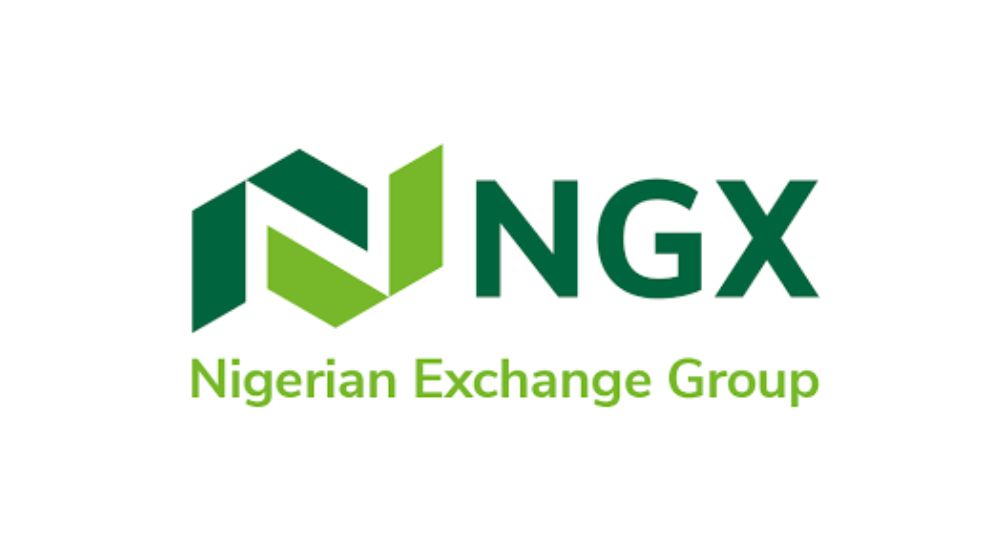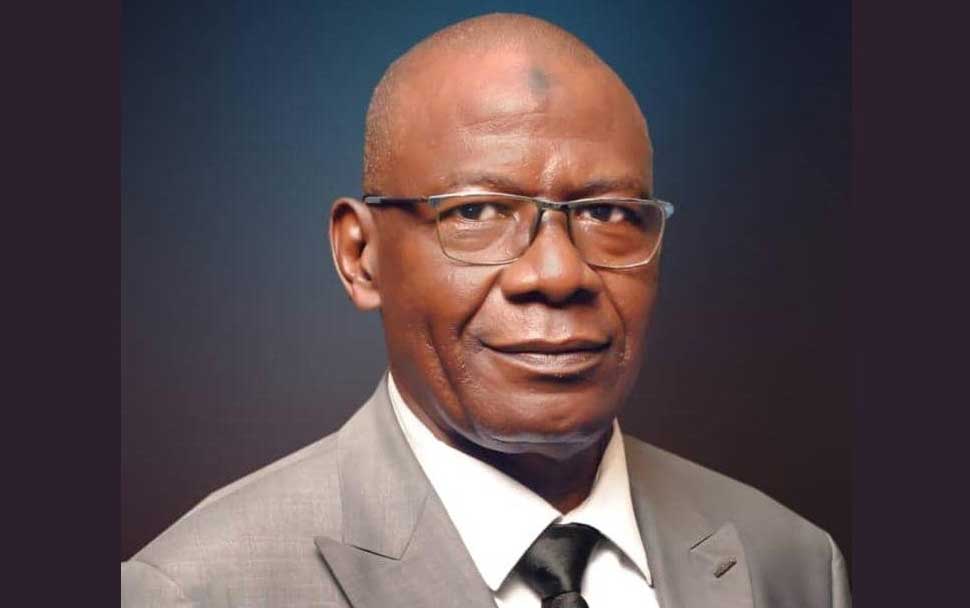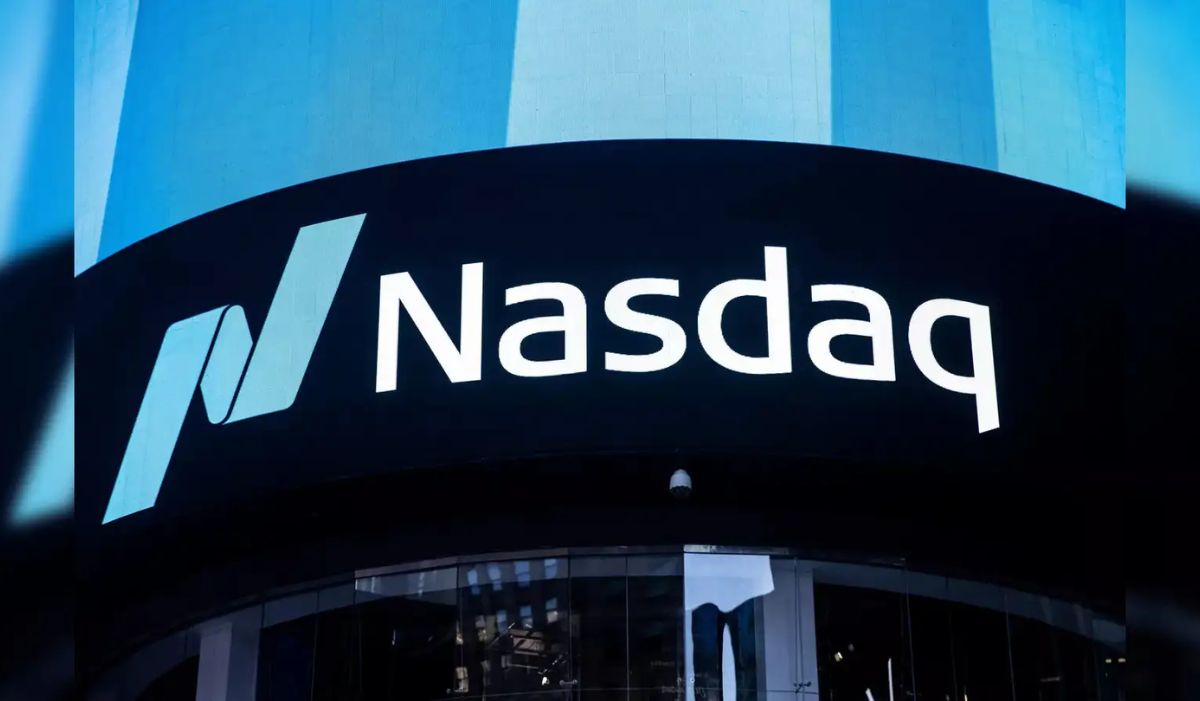Stanbic IBTC, Nine Others Lead As Top Brokers Trade N3.14tn Securities On NGX

…Control Over Half Of 2024 Transactions, Experts Raise Concerns For Smaller Firms
The Nigerian stock market closed 2024 on a high note, with the top ten stockbroking firms asserting their dominance by accounting for a whopping N3.14tn in transactions, representing 54.97 per cent of the total value traded on the Nigerian Exchange (NGX) during the year.
This impressive figure was complemented by their control of 42.75 per cent of the total trading volume, solidifying their position as key players in the country’s capital market.
Data obtained from the NGX’s monthly broker performance report highlights the commanding influence of these firms and underscores their significant role in shaping market trends.
However, this dominance has reignited discussions about the challenges faced by smaller stockbroking firms struggling to compete in a market increasingly concentrated around a few major players.
Despite economic turbulence marked by rising inflation and interest rate hikes, the Nigerian capital market exhibited remarkable resilience in 2024.
Investor confidence remained strong, with robust buying activity recorded across various sectors.
Analysts attribute this positive performance to sustained engagement by foreign portfolio investors, local institutional investors, and high-net-worth individuals—groups predominantly serviced by the leading stockbroking firms.
“The market faced notable headwinds in 2024, but the dominance of these top firms helped stabilize trading activity and sustain investor interest,” noted a market analyst.
However, this resilience has come at a cost, as the concentration of market power among a few firms continues to marginalize smaller brokers.
Cardinal Stone Securities Limited led the market in 2024, facilitating transactions valued at N696.03bn, which accounted for 12.19 per cent of the year’s total market value.
Close behind was Stanbic IBTC Stockbrokers Limited, handling N642.82bn worth of trades, representing 11.26 per cent of the total, while United Capital Securities recorded N341.06bn, contributing 5.98 per cent to the overall figure.
Other notable performers included APT Securities & Funds, which traded shares worth N286.53bn, and Cordros Securities, with transactions totaling N283.01bn.
EFG Hermes managed N190.05bn in trades, narrowly surpassing FBN Quest Securities at N189.94bn.
Meristem Stockbrokers followed with N188.15bn, while CSL Stockbrokers facilitated N175.43bn in transactions. Apel Asset Limited rounded out the group with trades amounting to N144.77bn.
Together, these ten firms controlled over half of the total trading value recorded by all stockbrokers in 2024, cementing their influence over market dynamics.
While the dominance of these firms underscores their efficiency and ability to attract high-value clients, it also highlights a structural imbalance within Nigeria’s stockbroking industry.
Analysts warned that the concentration of market power among a few players limits the opportunities available to smaller firms, stifling competition and innovation in the sector.
Group Managing Director of Crane Securities Limited, Mr. Mike Eze expressed concern over the widening gap between the dominant brokers and their smaller counterparts.
“In addition to being the biggest trading houses for FPIs, these firms also dominate local institutional and high-net-worth investors,” Eze said in an interview with THE WHISTLER.
“This creates an uneven playing field where smaller brokers struggle to gain traction, limiting their ability to grow and compete effectively.”
Eze also noted that the market behaviour is heavily influenced by the trading activities of these top firms. “When these big players engage in heavy buying, the market rallies.
Conversely, when they withdraw or take profits, the market often experiences a downturn. This cyclical pattern has defined the market in recent years,” he added.
The NGX introduced broker rankings in 2011 to foster competition and promote transparency.
While the rankings have heightened competition among brokers, the persistent dominance of the top ten firms suggests that structural challenges remain unresolved.
“The dominance of a few firms reflects both their operational strength and the unequal distribution of resources within the industry,” said a market expert.
“Their access to foreign and local institutional clients gives them a significant edge over smaller players.”
As Nigeria’s capital market navigates the challenges of inflationary pressures and potential interest rate adjustments, all eyes will be on the leading brokers to see how they adapt to evolving economic conditions.
Their performance will not only influence the trajectory of the market but also shape the investment landscape for both domestic and foreign stakeholders.
Meanwhile, calls for policies to address market concentration are growing louder. Analysts emphasize the need for regulatory interventions to create a more level playing field, ensuring that smaller firms can compete effectively and contribute meaningfully to the market’s growth.
As the market moves forward, the balance between maintaining efficiency and fostering inclusivity will remain a critical consideration for regulators and stakeholders alike.
Stanbic IBTC, Nine Others Lead As Top Brokers Trade N3.14tn Securities On NGX is first published on The Whistler Newspaper




